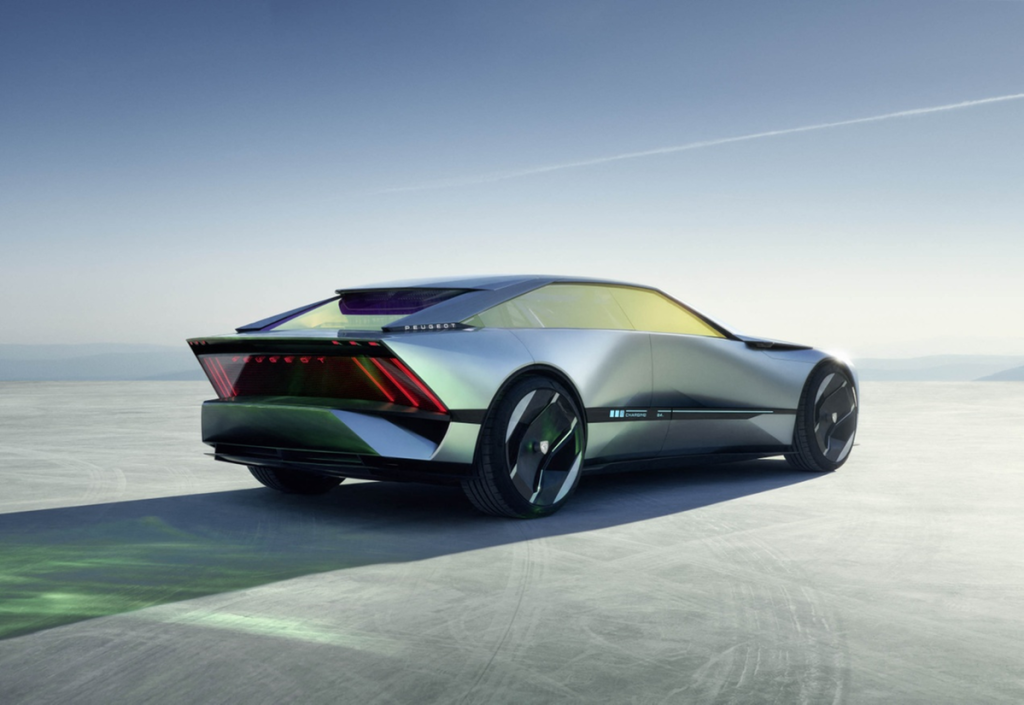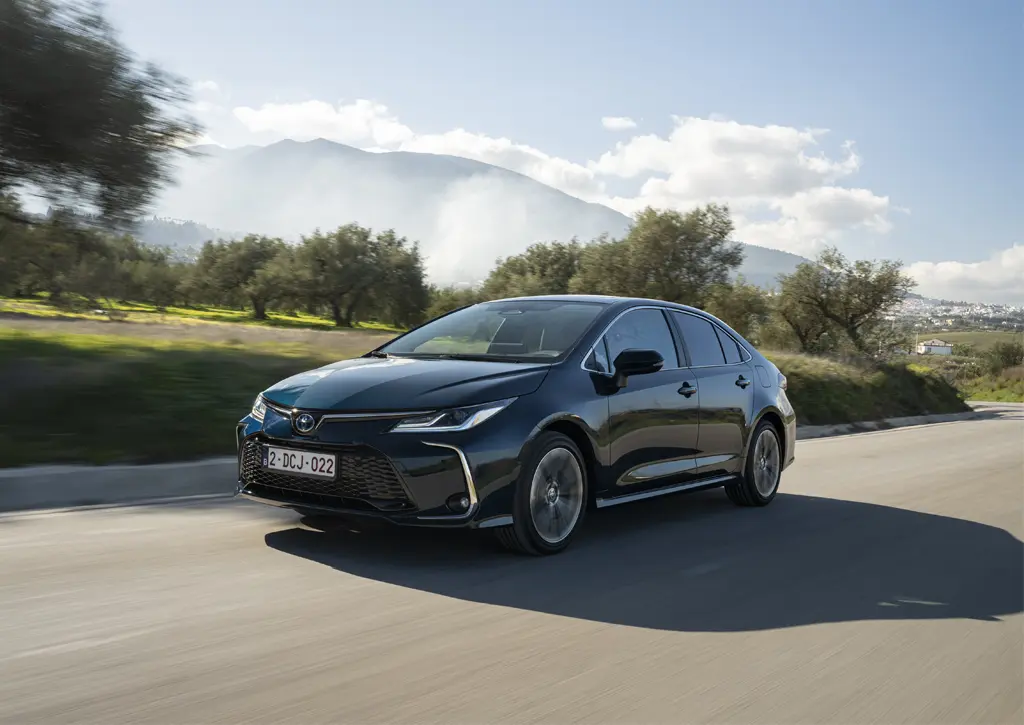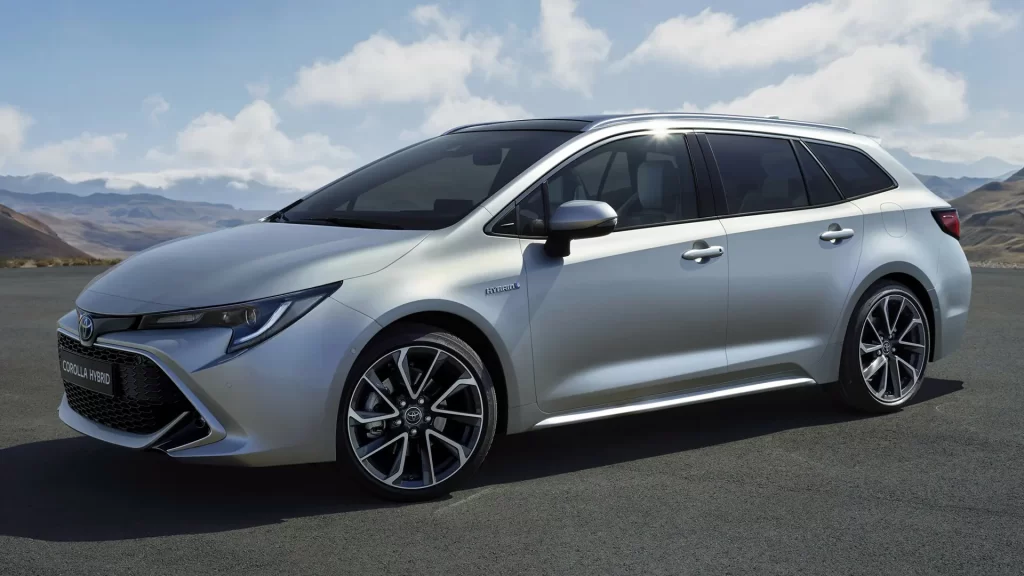
The automotive industry is currently undergoing a transformative shift toward electric vehicles (EVs). Electric cars, also known as EVs or electric vehicles, are becoming increasingly popular due to their environmental sustainability and promising technological advancements. This transition is not only reshaping the way we drive but also contributing to a cleaner and greener future.
One of the significant advantages of electric cars is their positive impact on the environment. Unlike traditional internal combustion engine vehicles that run on fossil fuels, EVs produce zero tailpipe emissions. They contribute to reduced air pollution, lower carbon footprints, and improved air quality, making them a vital component in the fight against climate change.
In addition to being eco-friendly, electric vehicles offer lower operating costs compared to traditional gas-powered cars. Electricity is generally less expensive than gasoline, resulting in lower fueling costs. Moreover, EVs have fewer moving parts, reducing the need for regular maintenance and leading to lower long-term expenses for owners.
The automotive industry is continually innovating to enhance the range and charging infrastructure of electric vehicles. Modern EVs can travel hundreds of miles on a single charge, addressing “range anxiety” concerns. Furthermore, advancements in fast-charging technology allow EVs to recharge quickly, providing a more convenient and efficient experience for drivers.
Governments and organizations worldwide are incentivizing the adoption of electric vehicles through various policies and subsidies. These incentives include tax credits, rebates, and grants, encouraging consumers to transition to electric cars. Additionally, many cities are investing in charging infrastructure development, making it easier for people to charge their EVs conveniently.
Major automakers are heavily investing in electric vehicle technology, with a considerable focus on research and development. This commitment is driving innovation, resulting in sleeker designs, improved battery technology, and enhanced performance. Electric cars are no longer just an eco-conscious choice; they are becoming a compelling option for performance enthusiasts as well.
In conclusion, the rise of electric vehicles represents a pivotal moment in the automotive industry. With their sustainable impact, cost-effectiveness, and continued advancements, electric cars are shaping a future where driving is not only efficient and convenient but also environmentally responsible. As technology continues to evolve and adoption rates increase, electric vehicles are poised to become the norm, leading us toward a more sustainable and electrifying automotive era.







